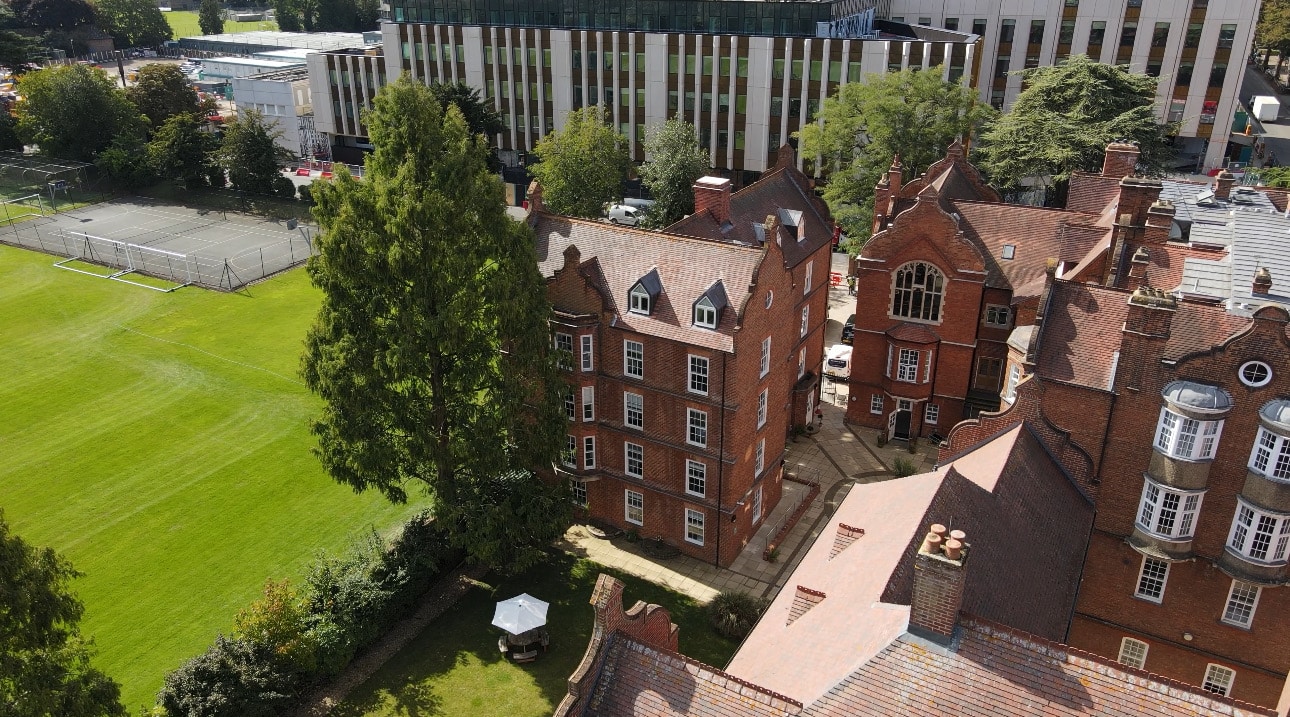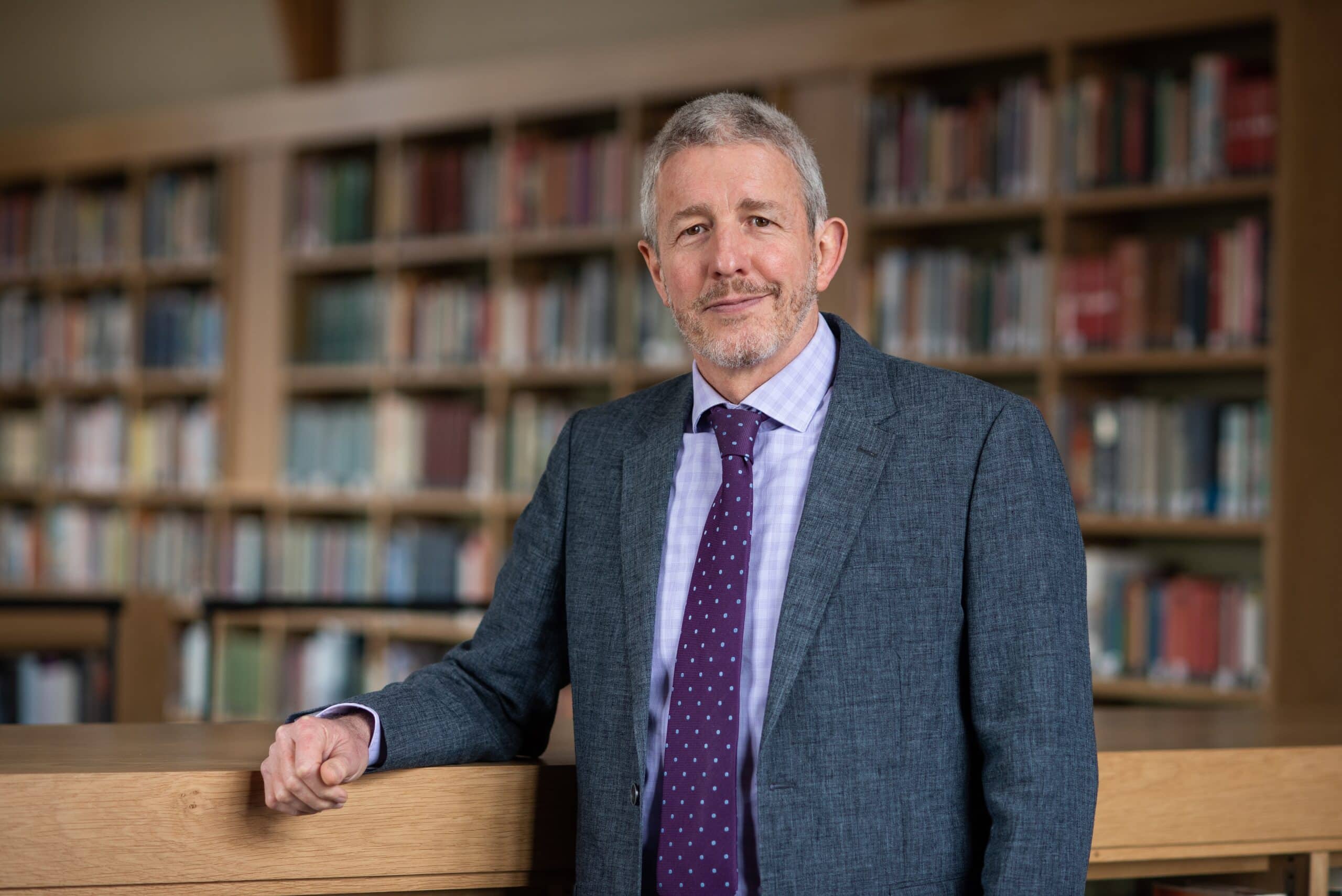Linacre College is working towards the ambition of achieving net-zero emissions as soon as is practically possible and our flagship decarbonisation project is an exciting step towards reducing the reliance on gas across the entire Linacre estate.
The Bamborough Building
Watch this short film which celebrates the completion of phase one of our decarbonisation scheme. The £2.4 million refurbishment of the Bamborough Building and significant works on the OC Tanner and Abraham Buildings have ensured that hot water and heating are now supplied by innovative air source heat pump technology. Insulation has also been improved across these buildings and the Bamborough offers exemplary standards in sustainable student living.
Phase two of the decarbonisation project will remove reliance on gas from seven of our offsite student accommodation properties that represent 50% of the College estate. The third and final phase of this exciting project will see the balance of Linacre property decarbonised and a significant reduction in the College’s carbon footprint.














